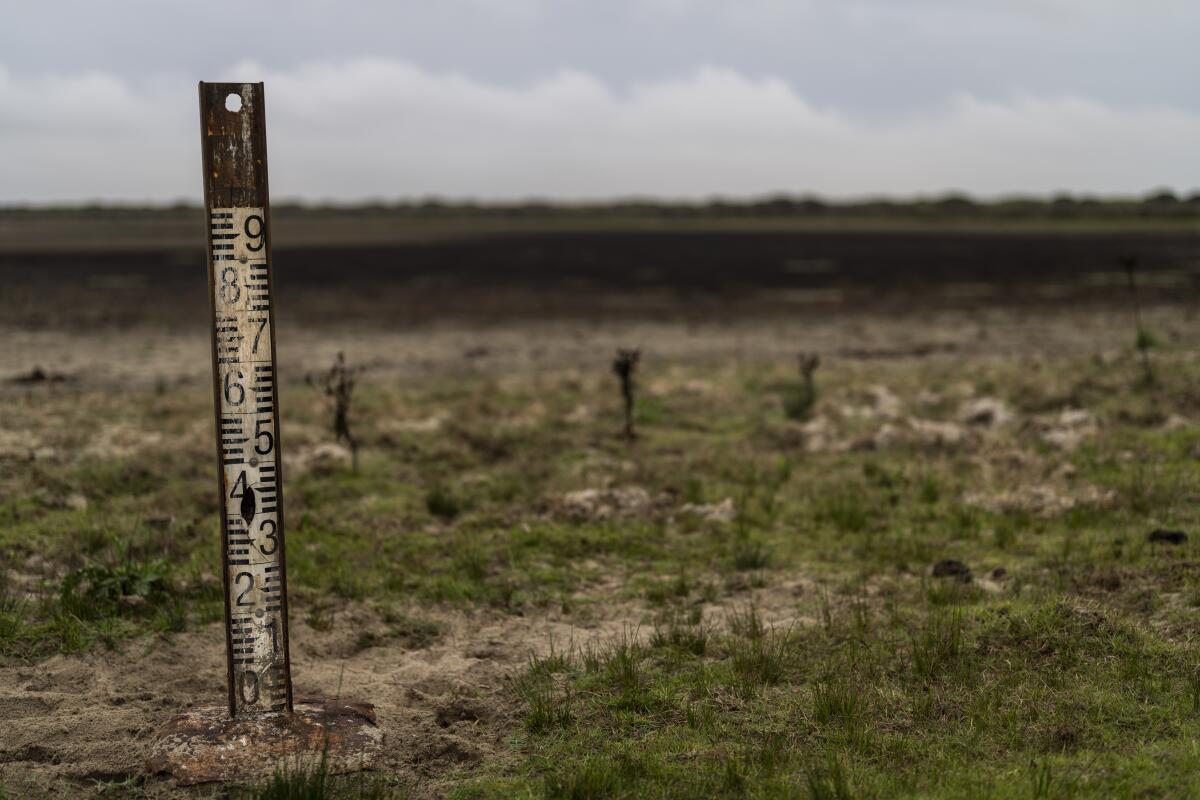Spain pledges more than $350 million to save Doñana wetlands

- Share via
BARCELONA, Spain — Spain’s government pledged to invest more than $350 million in the country’s Doñana wetlands, a UNESCO World Heritage Site that ecologists say is dying because of climate change and the misuse of water.
Prime Minister Pedro Sánchez announced the pledge Thursday during a visit to the Doñana National Park in southern Spain.
A European Union court ruled last year that Spanish authorities had failed in their duty to protect the wetlands, and the government faces a hefty fine unless it takes action to preserve the ecosystem.
Sitting on an estuary where the Guadalquivir River meets the Atlantic Ocean, the wetlands cover 182,000 acres. They are a wintering site for half a million waterfowl and a stopover spot for millions of other birds that migrate from Africa to Northern Europe.
But the national park’s lagoons and marshes have dried up under a prolonged drought and decades of agriculture and as a nearby beach town drained the aquifer under the area. The area surrounding the park has hundreds of unauthorized wells that illegally pump out water to feed crops, mostly red berries that are exported across Europe.
The government said the money would go toward recovering “this emblematic space and reverting the situation of environmental degradation.”
Measures to save the park will include “the reduction of extractions from underground water sources and the recovery of surface water,” the government said in a statement.
The World Wildlife Fund applauded the action by central authorities but demanded that regional authorities do more to control the illegal extraction of water.
“We consider this a great step,” the conservation organization said. But “we believe that the priority is to close down all the farms using illegal irrigation in the area around Doñana.”
More to Read
Sign up for Essential California
The most important California stories and recommendations in your inbox every morning.
You may occasionally receive promotional content from the Los Angeles Times.












